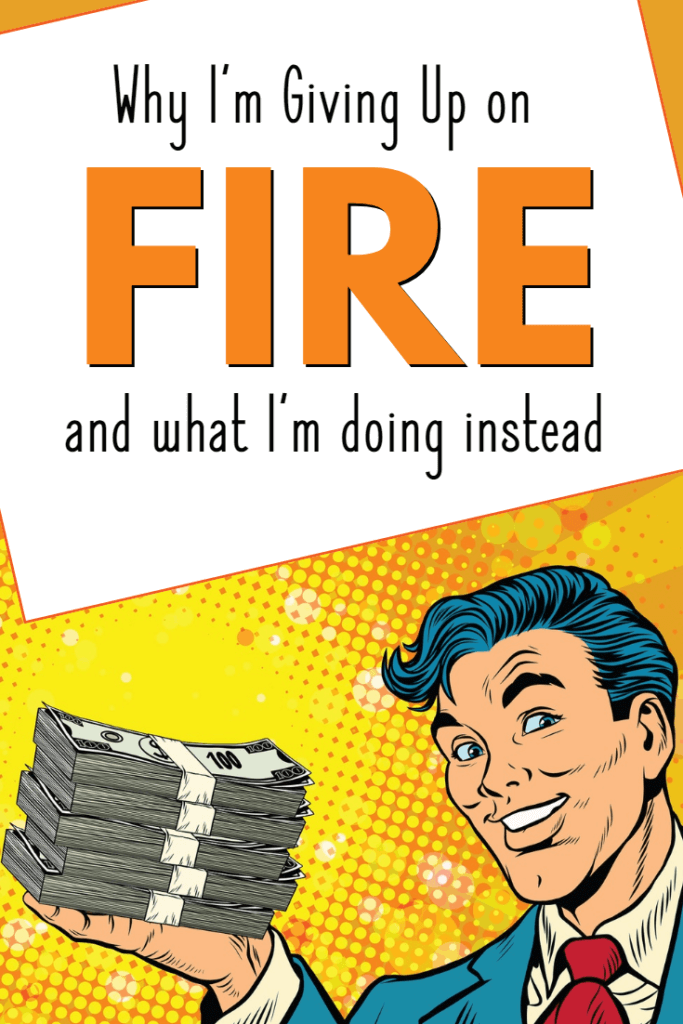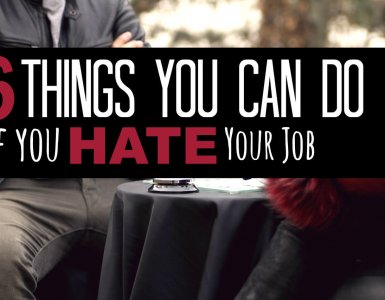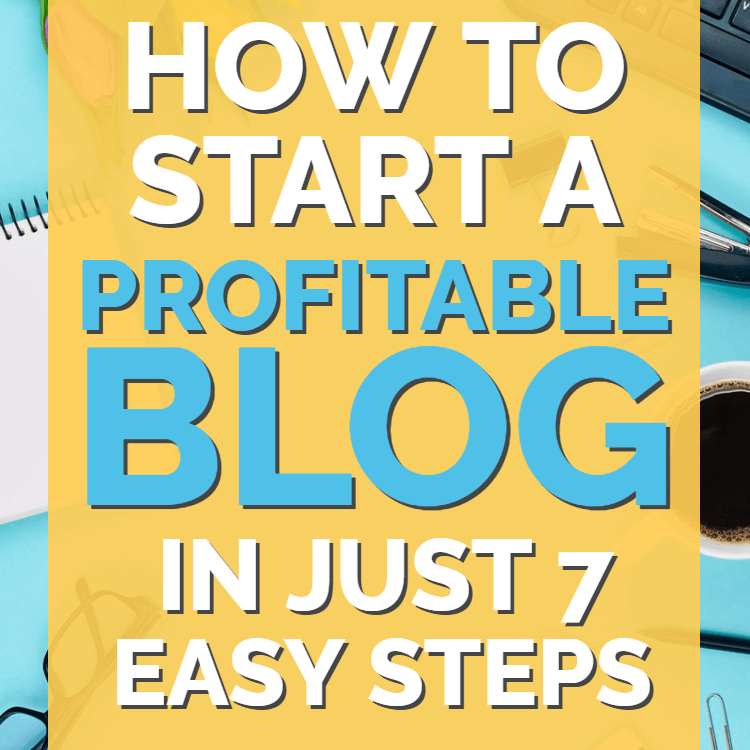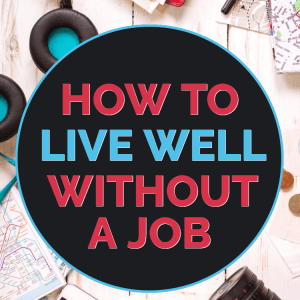The concept of early retirement is a popular one among personal finance bloggers. It’s little wonder; who wouldn’t want to give up paid work in their 40’s (or before) to spend the remainder of their life enjoying themselves?
It’s a concept I’ve thought about aplenty in recent years, as I’ve slowly paid off my debt. Now I’m a homeowner, what’s the next “big goal” to aim for?
Perhaps, FIRE (financially independent, retired early) is next on the list?
The Math of Early Retirement
If you plan to retire from work decades before your peers, it’s highly unlikely you’ll be able to draw on a traditional pension initially. Instead, you’ll need to fund your freedom in another way; most likely through savings and investments.
Here a number of different figures are bandied around by experts in the know; generally speaking it is believed that you should be safe withdrawing 4% of stock market invested funds each year.
This means that you’ll need roughly 30 times your annual expenses to invest.
Let’s assume for a moment that I want to spend £1,500 a month for ever more; a figure that covers basic living expenses, mortgage or rent, and leaves a little for fun. That means I’d need roughly £540,000 invested in the stock market. That there is a whole lot of money.
With the average Brit earning £27,271 (source: http://www.gq-magazine.co.uk/article/average-uk-salary) per year it seems pretty unrealistic to save half a million pounds while still keeping up with normal everyday purchases.
But let’s stretch things a little here, to see what might be possible.
Let’s assume I could save £1,000 each and every month from now on. Furthermore, let’s assume that I manage to pay off my house entirely in the future, dropping my monthly expenses to just £1,000. In this instance I’d still need £360,000 in investments, which would take 360 months to save, or 30 years. Mmm, that’s not exactly what I’d call an early retirement.
As a result, whilst early retirement and financial independence are tempting concepts, they seem pretty far from reality for the average Brit.
Perhaps in the USA where six figure salaries aren’t uncommon such a goal is possible, but if I’m honest the odds in the UK seem pretty unlikely without a fair degree of luck.
The only real options to meet those lofty investment goals are to start saving aggressively from the moment you enter the job market (nope!), to receive a huge inheritance (unlikely!) or to earn many, many times the average British salary. Oh dear.
I think you’d agree that the maths of early retirement make some pretty depressing reading.
So does that mean that I have accepted my fate; that I plan to continue working until I can’t go on any longer?
Am I still going to be sat in an office in my 60’s, still jealously reading about American personal finance bloggers half my age living lives of freedom by the beach?
Nope, I’ve got an alternative in mind…
Passive Income to the Rescue
Regular readers of this blog will know that Frugality Magazine is far from the only website I own. I actually own half a dozen different sites. Most, in truth, perhaps don’t get quite the amount of love they deserve, but all could be considered “assets”.
Each site is “established” and has the potential to earn passive income if I put my mind to it.
A little bit of effort now could pay passive income for years into the future.
Heck, with an active and growing marketplace for existing websites I could even potentially sell one or more sites to free up capital (but with the loss of passive income as a result).
Now, imagine if I could earn just £1,500 a month from these websites. Suddenly that’s those sample monthly expenses covered – without the need to work a “proper” job if it didn’t interest me.
With such a network of good quality sites, I don’t think that such a target is outside the realms of possibility; especially if I’m able and willing to plan some years out.
In such a way I could essentially give up working a “proper” job and instead just invest a little time each week into my websites; something that – quite frankly – feels more like “play” than “work”.
The only weakness I can see to such a plan is what happens in the future, when a Google algorithm update affects my traffic, or I get bored with my blogs?
Frankly, none of us have any idea what the internet might resemble in 20+ years time, so basing a lifetime of income on a collection of current websites seems unnecessarily risky.
Which is where the second aspect of my plan comes in; risk diversification.
The idea, actually, is very simple indeed; I just want to earn more than my monthly expenses – in fact I want to double them.
In this way I can:
(a) “work” just a few pleasant hours a week on my websites and
(b) save 50% of my income every month for the future.
And what does £1,500 a month look like over the long term?
Well, assuming 7% annual interest as a guide, £1,500 a month saved over 20 years turns into a retirement nest egg of £765,609.
This of course, is not only considerably more than the ballpark investment figure I mentioned earlier, but I would also expect to be mortgage free by then, meaning considerably lower expenses.
In other words, the maths more than balance.
Summary
Some people might argue that giving up on the idea of traditional early retirement is a cop-out and a disappoint, especially for a personal finance blogger.
I would argue quite the contrary; I’ve crunched the numbers and – quite frankly – they don’t look too exciting. Instead, I have come up with a Plan B which offers almost the same benefits, but with a much earlier exit date and a more comfortable retirement fund.
The goal is quite simple then; build my online income to £3,000 a month, then quit formal work entirely.
Half of that monthly income will cover my expenses, the other half will be invested for the future. And I get to work a few hours each day/week on a group of websites all based around my hobbies and passions.
I’ve even got a target date in mind for this transition, but I won’t tell you about that just yet.
All I need to do now and really ramp up my online efforts, and start moving towards that eventual goal as rapidly as possible. Wish me luck!











That’s still FIRE. Just semi-FIRE. 🙂